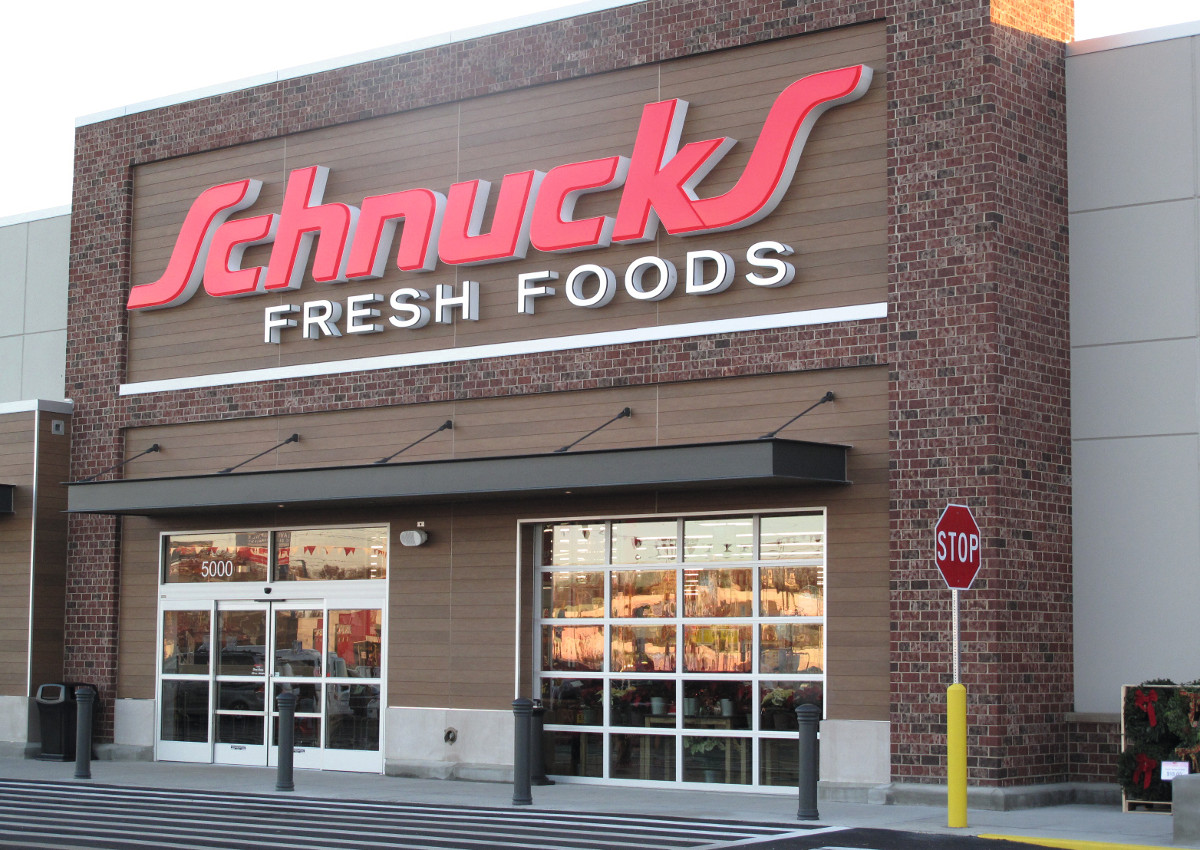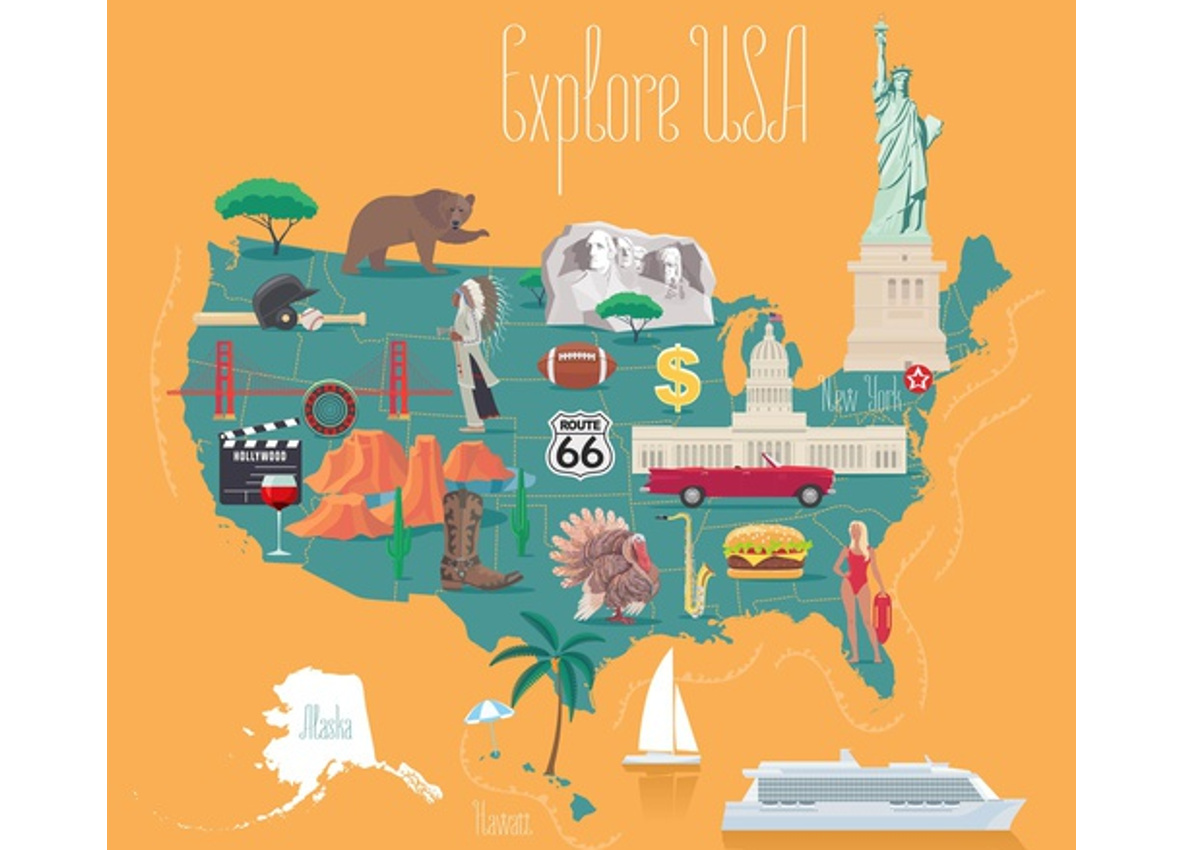
Premium food and beverage products, from wine and regional specialties to ready-to-eat meals, are driving an acceleration in sales of private labels, according to the latest research by Nielsen. Demand for organic, natural, GMO-free food remains a leading force in an industry where consumers demand quality and convenience independently from the name of the brand and the retail channel. The first thing customers are looking for is value, said Roger McElroy, category manager at US grocer Schnucks Market. Store brands should be the same quality as the National brand counterparts and present a better everyday retail, he told Italianfood.net. Private label sales increased 1.9% in the third quarter of 2017 compared to a 0.4% decline in the fourth quarter of 2016, outpacing all branded tiers (from a negative 0.6% to a positive 1.4%). Private label keeps growing also in Europe, a historically large market for the category. The market share of store brands rose to 30% or more in 15 of the 20 countries analyzed by Nielsen for the Private Label Manufacturers Association (PLMA), which organizes annual trade shows in Amsterdam, Chicago and Shanghai. In Italy, multinational brands had a market share of 43% in 2016, down from 48% in 2014, while private label had gone up one notch to 19%.

Not every store brand product is the same
Growing demand for private label is pushing retailers from supermarkets to discount retailers to increase their assortment. A recent tour of a store of German grocery chain ALDI in the Chicago area confirmed a large presence of products including from Italy under the retailer’s ‘Specially Selected’ label, focused on gourmet and innovative foods. Smaller, niche and private-label brands often lead innovation, and these brands have been very successful in communicating to shoppers that there is no price or quality trade-off in their offerings, Nielsen said in the report ‘The Rise and Rise Again of Private Label’. The second thing is variety, items that are highly consumable and in the product varieties that are the most popular, McElroy said. As consumers buy more private labels, retailers must innovate and focus on quality to beat growing competition. Store brands can be overpopulated, just like the national brands, consumers want store brands that they know and trust, McElroy added. Quality perception has also increased, according to 71% of global consumers polled by Nielsen (The Nielsen Global Connected Commerce Survey, third quarter of 2016). Also, 65% of the consumers surveyed said they consider private labels as a good alternative of name brand.
What opportunity for retailers and manufacturers?
The premiumization of private label is especially visible in the food industry, Nielsen said. The reason is the rising demand for healthy, safe and authentic products. But this is not enough, experts said. As the retail space gets more crowded, both retailers and manufacturers need to continue to innovate their product lines, engaging the consumer with targeted communication also available online. Private labels are not immune from the ongoing disruption in food retail, where the physical and online channels are going to interact more rather than replace each other. The consolidation and expansion of modern retail chains has been one of the biggest catalysts for private-label growth, Nielsen said in its report. While large retailers have more shelf space for brands and private label, smaller stores can focus on innovative ideas as they feel the pulse of their local customers. For manufacturers, the focus is once again the ability to meet the retailer’s logistical demands, McElroy said. Store brands are constantly promoted and real issues arise when the product is not available or has a disrupted flow, said the category buyer at Schnucks.
